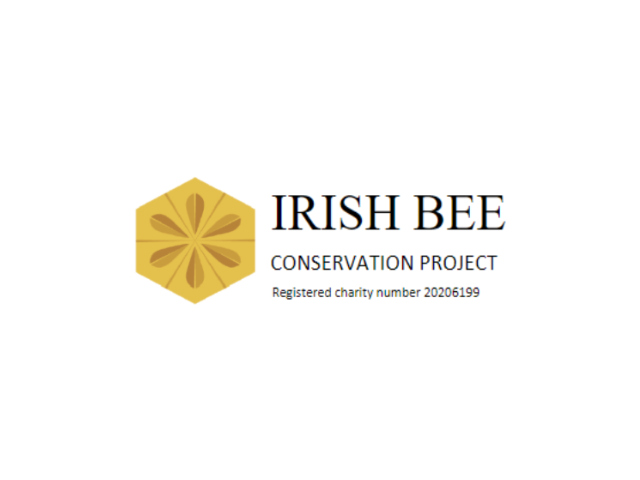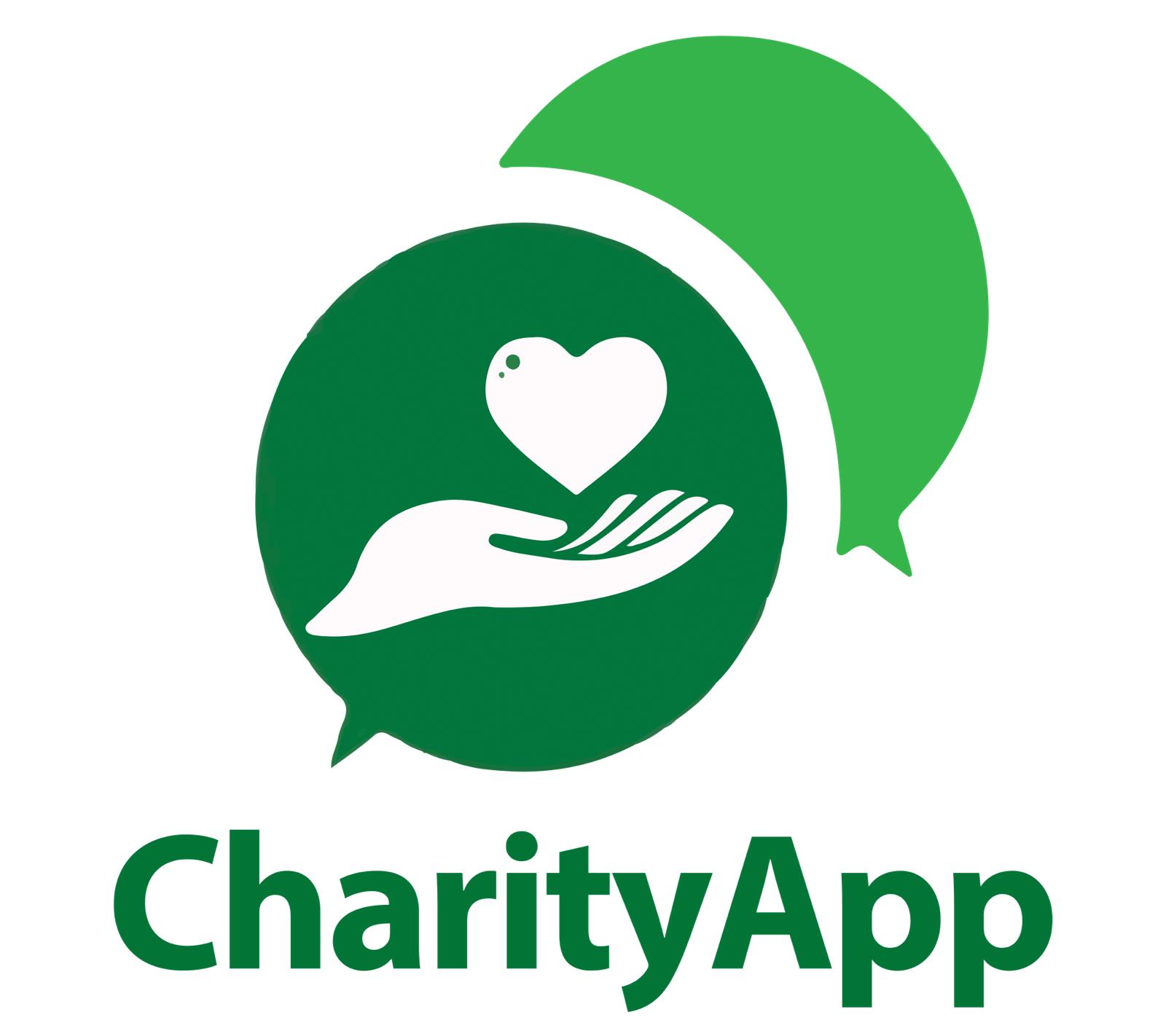The Irish Bee Conservation Project CLG

Protecting the natural environment for the Irish public by supporting bee and pollinator conservation is our mission
The IBCP was established to protect the natural environment for the Irish public and its future generations by supporting bee and pollinator conservation.
We will achieve this by abiding by nationally recognised values and principles of habitat support, bio-diversity, education and research.
We will pursue this objective throughout the Republic of Ireland by engaging in Bee-friendly conservation activities, advocacy through centres of excellence, broad population education activities and community activation in the promotion of bee friendly activities.
Habitats
We provide bee lodges for wild bees to shelter in.
Biodiversity
Help increase floral rich areas which are desirable to our native bees.
Education
Developing education modules for Schools and Communities.
Research
Studying best practice for creating habitat for wild bees.
The IBCP was established out of a research project to find honeybees that could coexist with the varroa mite under the guidance of Dr Ciaran Geoghegan. The bees were supplied by Robert Anthony Pat Deasy.
This group decided to set up a project and create habitat for wild honeybees called bee lodges. In 2019 the first lodges were installed at Fota Wildlife park and were an instant success some were charged with native bees.
Fota Island is a reserve for native bees with the Irish Bee Conservation Project is supported by all its stakeholders including the Irish Heritage Trust, Fota House, Gardens and Arboretum, the Office of Public works and Fota Resort Hotel.
In 2021 we piloted a solitary bee lodge. Both solitary and honeybee lodges are now distributed in many counties of Ireland.
RESEARCH
This aspect of IBCP continues from the initial research described above and is focussed on the Varroa mite parasite which is the greatest threat to Ireland’s native honeybee. This study and breeding programme will be entering it’s 5th year at our dedicated research apiaries and laboratory during 2020. Results have been encouraging where selected colonies are now showing tolerance of the Varroa mite through the expression of natural traits contained within the bee’s genome.
HABITAT SUPPORT
One of the main reasons for the diminishing numbers of certain species of Irish bees have been the reduction in foraging and nesting sites throughout the country. During 2019 the IBCP began a programme to combat this effect and established 20 specially designed “Bee Lodges” to provide shelter and breeding facilities for all species of Irish bees. These lodges were erected in large trees in Fota Wildlife Park and on farms in county Waterford. Wild bees are currently occupying these shelters and will propagate over winter and next year to increase the relevant populations. The target for 2020 is to establish a further 80 lodges in other locations throughout these counties. The Research project will feed directly into Habitat Support as native honeybees with increased Varroa tolerance will have greater survival rates in the wild when introduced to the “Bee Lodges”.
Our specially designed “Bee Lodges” provide shelter and breeding facilities for all species of Irish bees.
BIODIVERSITY
Along with the reduction of wild nesting locations across the country the reduction in foraging sites has led to a significant loss of species and range for some Irish bees. The Great Yellow Bumblebee is an example of this where 60 years ago this species was prevalent throughout the country but today it is endangered and found only in certain western counties. The IBCP through an education and networking programme are working to increase floral rich areas which are desirable to our native bee species. This initiative is focussed on creating multiple small areas of floral development in private and public areas and links directly into the Habitat Support initiative. This programme involves liaising with government bodies, businesses, farm groups, community groups, schools, hospitals, universities, eco groups etc.
EDUCATION
These programmes will be carried out by IBCP in association with the teachers who will develop curriculum-based projects and demonstrate how bee pollinators can manipulate and carry the pollen which is necessary for the continued survival of the bees. This initiative will enable the students to visualise the links between the bees they see every day and the ongoing survival of these bee species. The added advantage to this education initiative is that the students will encourage their families and friends to support the Biodiversity requirements of our native bee species.
All donations go directly to the assisting the survival, protection and proliferation of Ireland’s native bee species.
Counties Covered:
Nationwide
Category: Animals
Ballyphehane Community Centre Cork, Republic of Ireland.
085 2004562
[email protected]
Latest News:
We are based at Ballyphehane Community Centre Cork, Republic of Ireland.
Be The First To Leave A Review
The Irish Bee Conservation Project CLG
Your Business Could Sponsor This Page
Find out more about becoming a patron for The Irish Bee Conservation Project CLG
BECOME A BUSINESS SPONSOR












